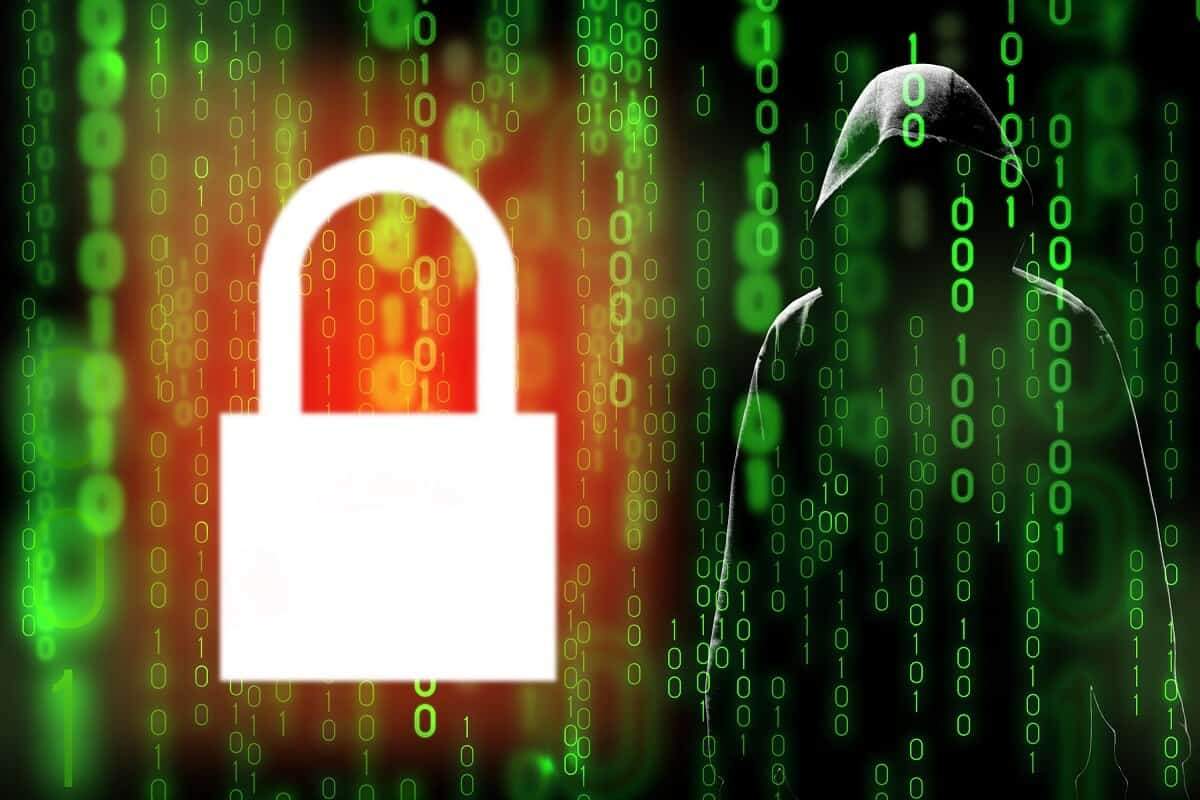A House Oversight Committee meeting was ‘Zoom-bombed’

The ranking member of the House Oversight Committee is calling for the panel to stop using the Zoom videoconferencing platform for official business after a meeting was ‘zoom-bombed’ several times in early April.
According to a letter from Rep. Jim Jordan, R-Ohio, addressed to Oversight Committee Chairwoman Carolyn Maloney, D-N.Y., an April 3 committee meeting with the special inspector general for Afghanistan reconstruction, was ‘zoom-bombed’ three times. Zoom-bombing is when a Zoom meeting is interrupted by an unauthorized attendee who disrupts a meeting with offensive images or language. The letter didn’t provide details of the incidents.
In the letter, Jordan urged Maloney to ban the use of Zoom by the committee for official business. Jordan cited reports of Zoom being used to deliver malware, occurrences of zoom-bomb attacks, an FBI warning about the platform’s cybersecurity protocols and concerns about Zoom’s business in China.
“Given the concerns surrounding Zoom’s security, it is clear Zoom is not an appropriate platform for Committee business, which may be particularly sensitive during the COVID-19 pandemic,” Jordan wrote.
Jordan added that “the impact of hacking and malware on Member and staff devices is still being determined" since the incidents. It is unclear who is leading the investigation. A spokesperson for the Republicans on the committee didn’t return a request seeking clarification.
The letter also stated that the committee planned to hold a Zoom meeting with the Federal Emergency Management Agency and the Department of Health and Human Services until it was switched over to a conference call hosted by HHS after the department and FEMA raised security concerns about using Zoom.
A spokesperson for the Democrats on the committee didn’t return a request for comment.
Photo: Unauthorized users have wreaked havoc on Zoom videoconference meetings. (fongleon356/Getty Images)











